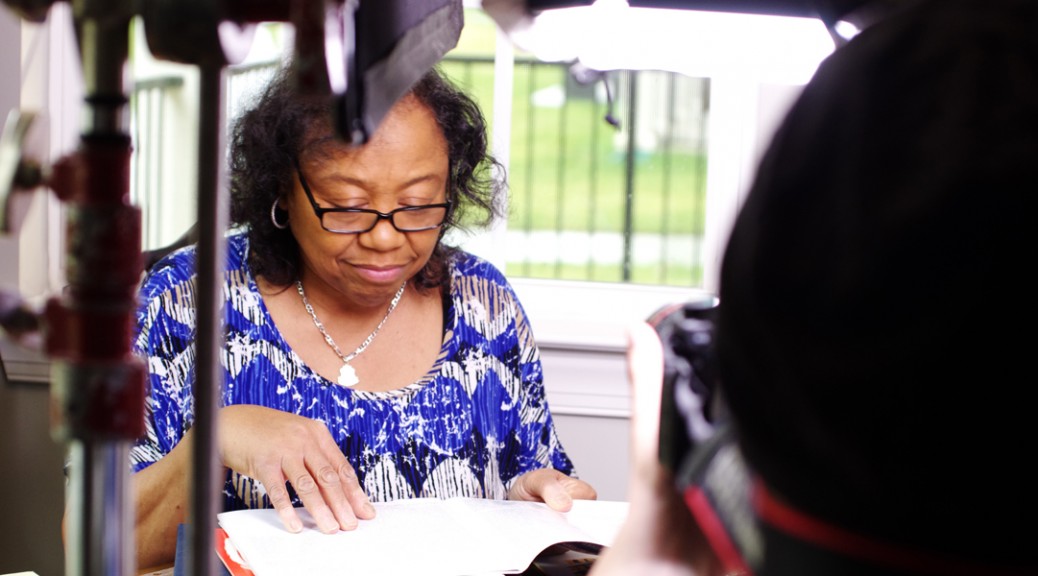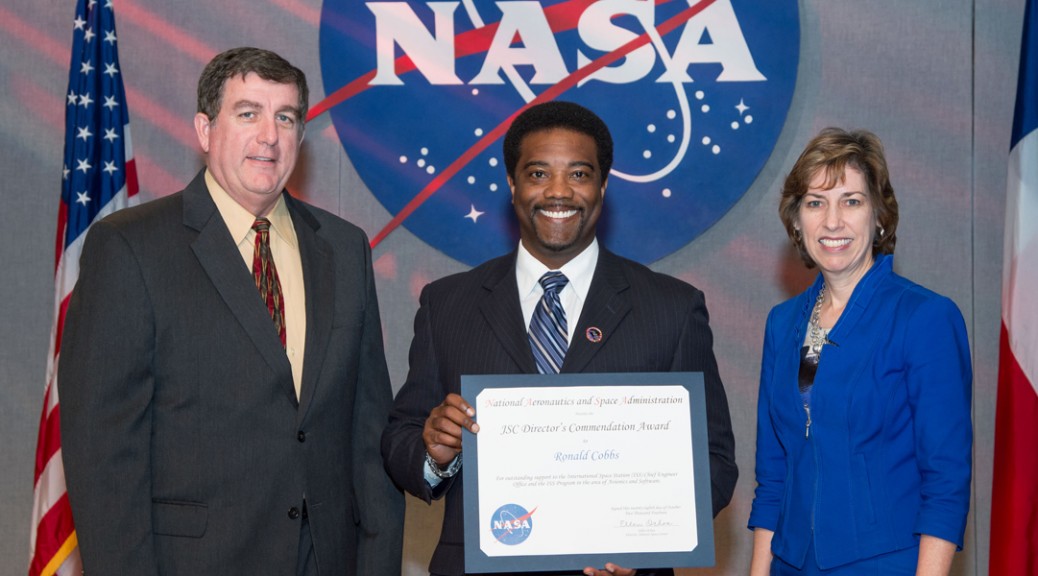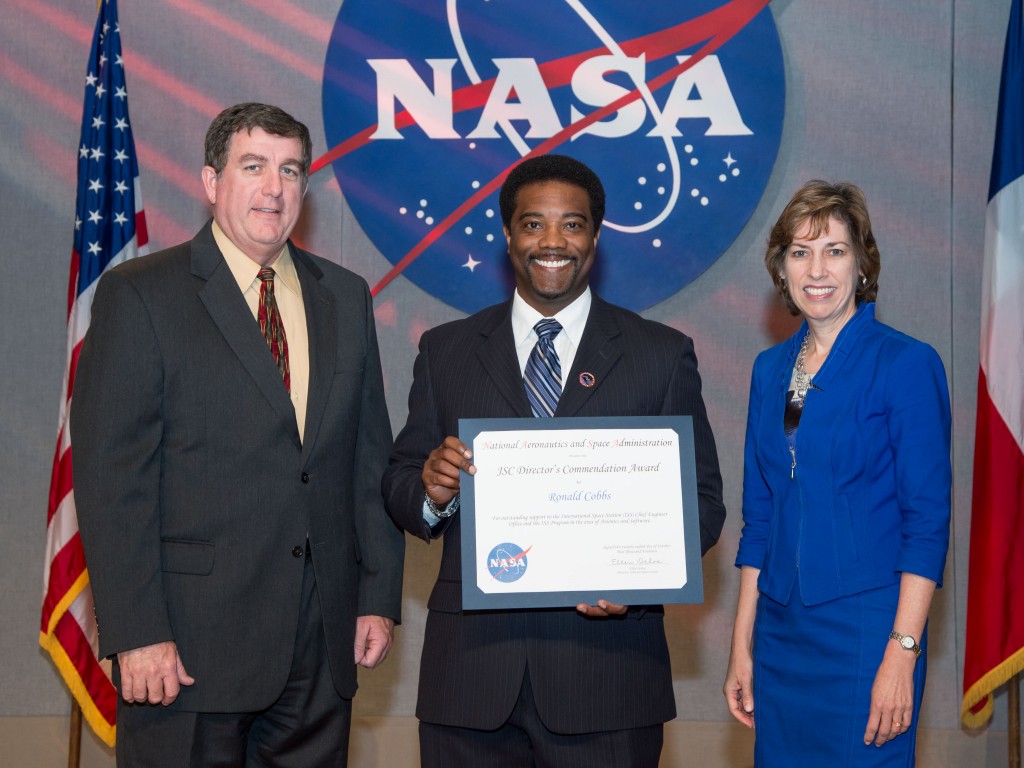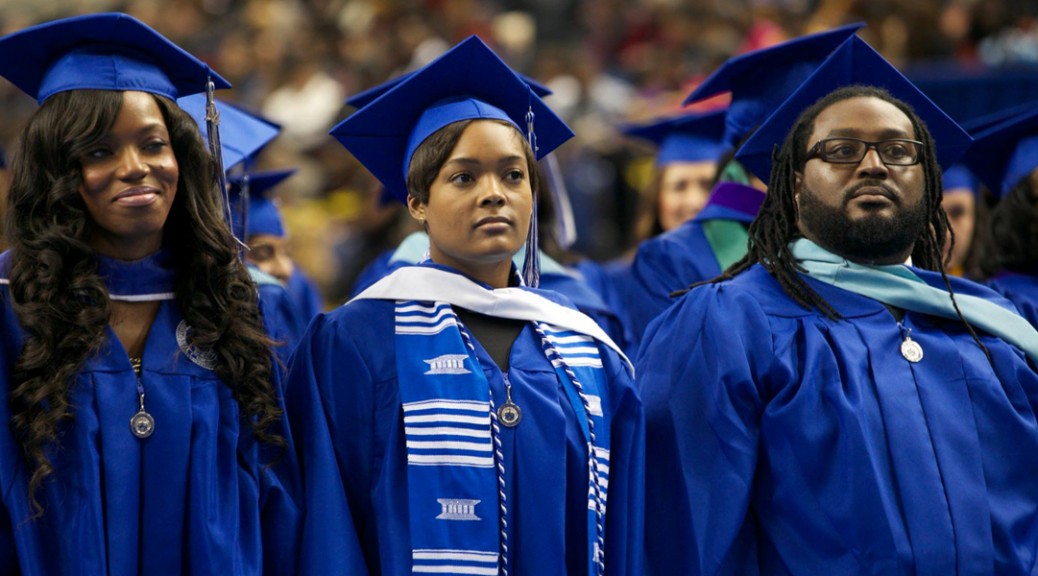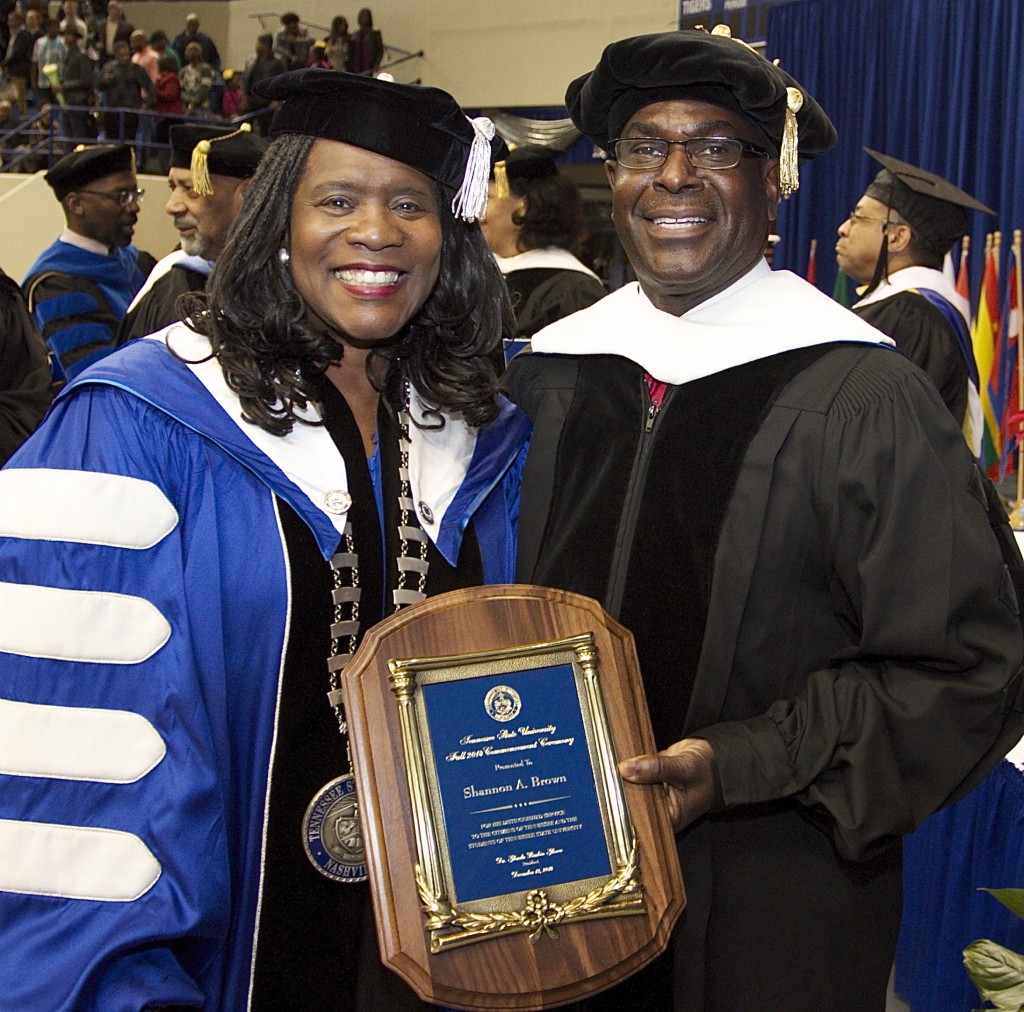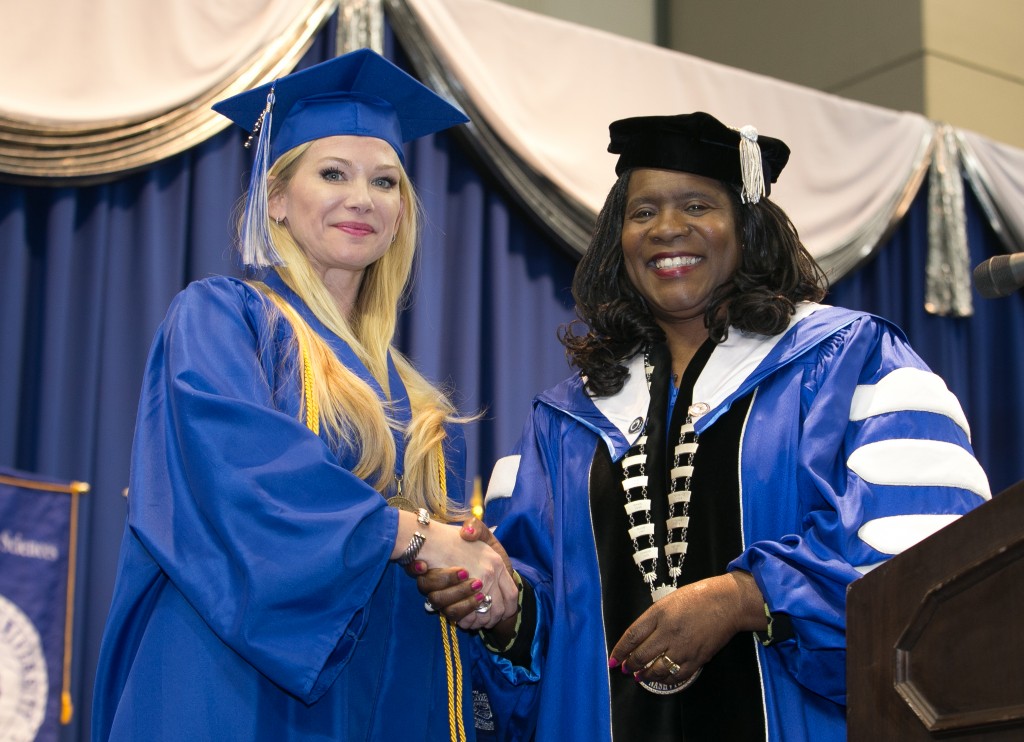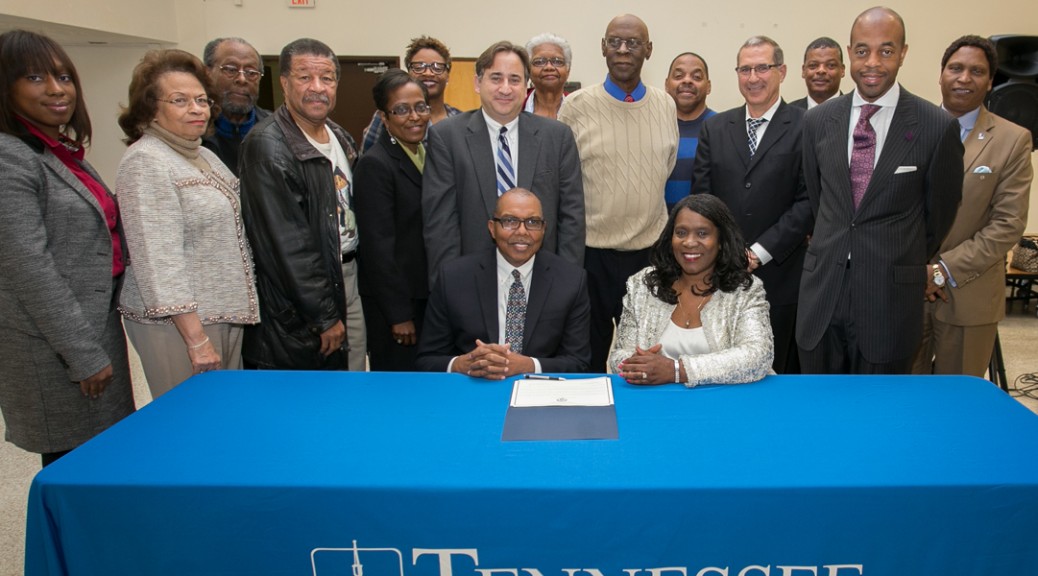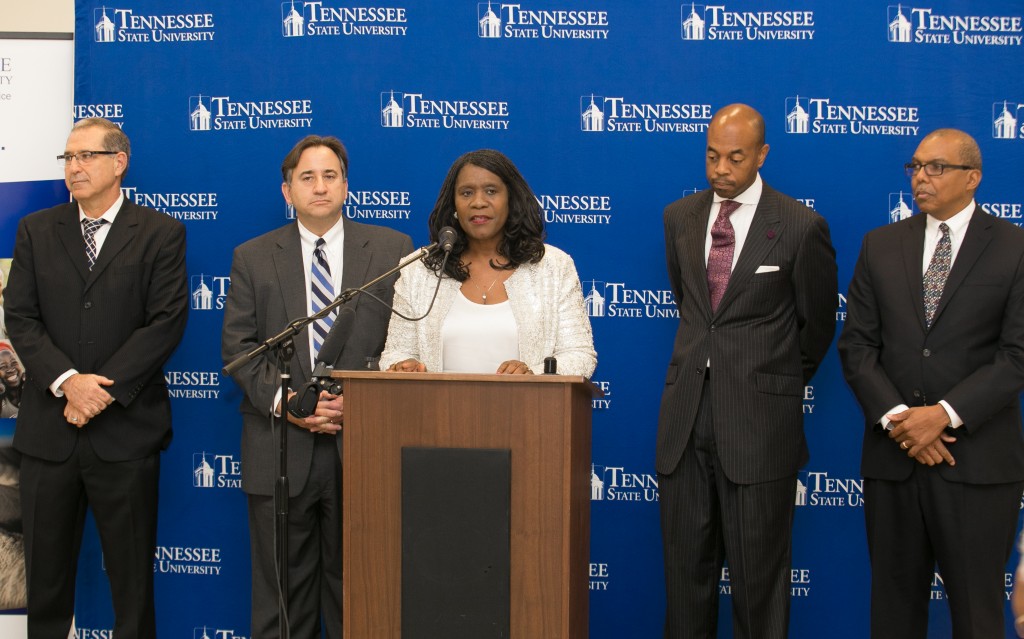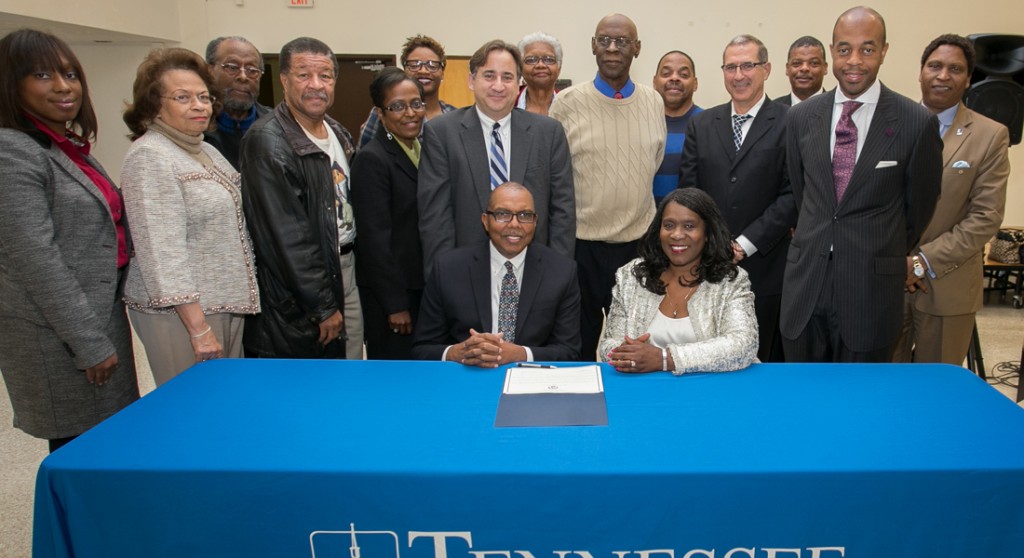
NASHVILLE, Tenn. (TSU News Service) – For more years than some can remember, Audrey Stradford has been helping students realize their dreams of a college education. Known as “Miss Audrey” to many who have graced the halls of Tennessee State University, it is not uncommon to see her open her checkbook to help pay for a student’s textbook and tuition or buy them a hot meal.
It is because of this and many other acts of kindness and encouragement over the past three decades that Honda will recognize Stradford with the Power of Dreams Award during the Honda Battle of the Bands Invitational Showcase later this month in Atlanta.
“I was shocked and actually thought someone was pulling my leg,” said Stradford, who works as a financial aid assistant at the University. “I’ve always been one to work behind the scenes. I’ve been a giver my whole life and it is hard for me to be on the receiving end.”
An iconic figure at TSU for more than 30 years, Stradford will be the first to receive the Power of Dreams Award, meant to honor an individual who has helped HBCU culture thrive—by helping students achieve their dreams through positive support, guidance and leadership within the institution or community.
Michelle Allen, who wrote the nomination for the award, said Stradford is very deserving of the award and has made an impact on the lives of many a student over the years.
“’Miss Audrey’ has been very instrumental in the lives of students here on campus,” said Allen, TSU band office manager. “She helps them stay on track and stay focused on graduation. She has been a mother figure to many and does not do it for a reward, but out of the goodness of her heart.”

Stradford graduated from the University in 1966 with a degree in Sociology. She met her future husband at TSU and eventually moved to Detroit a few years later. But she always made sure to return for the annual Homecoming activities, missing only two over the years. However, it was her love for the school and the students that would keep her coming back a few times each year to volunteer in what ever capacity she could.
She has helped with everything from new student move in, homecoming activities, and encouraging students to remain in school and study hard, to eventually returning to Nashville 12 years ago and landing a job in the financial aid office.
Her main focus has been students over the decades and has reached out a helping hand to many who just needed a voice, a kind word of encouragement, or a motivational “kick in the pants” when they needed it.
According to Stradford, it is the joy of seeing “her” students graduate after sometimes struggling, that makes it all worth it for her.
“I have cried at many a graduation,” she said. “Sometimes I am the first one to receive a hug, even before their parents. The proudest moment for me is watching the students I’ve had an influence on walk across that stage and receive their diploma. And that gives me the greatest satisfaction and makes it all worth it.”
Stradford will receive formal recognition at the 13th Annual Honda Battle of the Bands Jan. 24 at the Georgia Dome in Atlanta. She will be there to cheer on TSU’s Aristocrat of Bands as they compete against seven other marching bands from HBCUs around the country. This year’s theme is “March On,” to remind to students and fans that life on and off the field is a journey, and no matter the challenge, the dream or what may lie ahead, learning never stops as long as you commit to “March On.”
Tennessee State University
3500 John Merritt Boulevard
Nashville, Tennessee 37209
615.963.5331
About Tennessee State University
With more than 9,000 students, Tennessee State University is Nashville’s only public university, and is a comprehensive, urban, co-educational, land-grant university offering 42 undergraduate, 24 graduate and seven doctoral programs. TSU has earned a top 20 ranking for Historically Black Colleges and Universities according to U.S. News and World Report, and rated as one of the top universities in the country by Washington Monthly for social mobility, research and community service. Founded in 1912, Tennessee State University celebrated 100 years in Nashville during 2012. Visit the University online at tnstate.edu.
